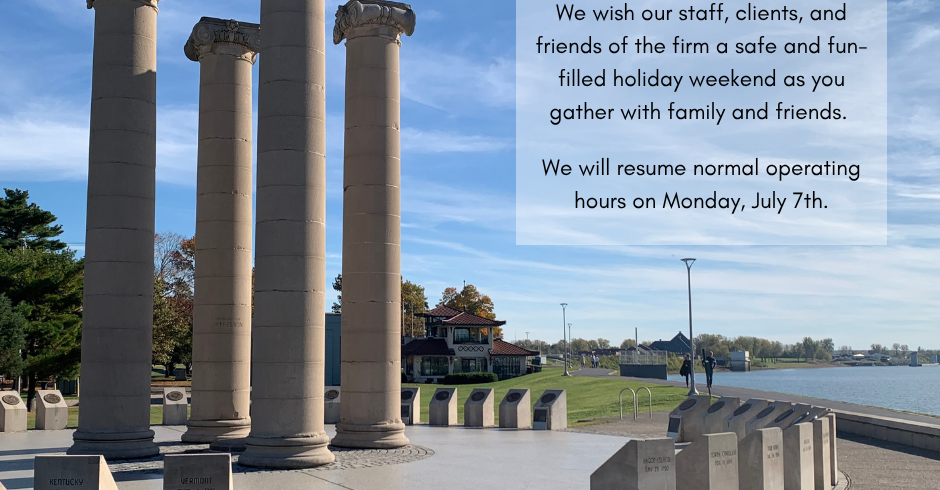When entering into a business deal, it’s always a good idea to put the terms in writing. For some business deals, it’s the law. For instance, the Indiana Home Improvement Contract Act (“HICA”) requires that construction contractors provide a written contract when the contractor is to perform a home improvement costing more than $150. The contract must contain the following:
- The name of the customer and the address of the property;
- The name and address of the contractor and telephone numbers and names of any agent to whom problems and inquiries can be directed;
- The date the home improvement contract was submitted to the customer and any time limitation on the contract’s acceptance;
- A reasonably detailed description of the proposed home improvements, or, if this description is not provided in the home improvement contract, then a statement that the description will be provided before work commences and that the description will be subject to the customer’s approval;
- The approximate starting and completion dates of the home improvements;
- A statement of any contingencies that would materially change the approximate completion date;
- The home improvement contract price; and
- Signature lines for the contractor or its agent and the customer with legible printed or typed name for each directly below the signature line.
Somewhat different requirements apply when the home improvement contract is for repair to damage that is covered by insurance. For example, the description of the work to be performed may simply be that the property will be restored to the condition that it was in before the damage. Also, the start and completion dates and price can be stated in terms relative to insurance approval and payment.
A recent opinion by the Indiana Court of Appeals illustrates HICA requirements and consequences to contractors for not complying with those requirements. In First Response Services v. Cullers, the Cullers suffered water infiltration in their basement. The Cullers contacted First Response to discuss remediation of the water damage. First Response recommended removing the carpet and pad and checking the drywall for moisture.
The next morning, First Response arrived and began removing the carpet. Sometime after work began, First Response presented, and Cullers signed, a “third-party work authorization” form and a “customer communication/work authorization” form. These documents provided that First Response could recover attorney fees if suit was necessary to collect an unpaid bill. Neither of these forms, however, contained a detailed description of the proposed home improvements, price, or starting and completion dates.
Cullers left the residence while work was being performed. When he returned, he found drying equipment in the basement, which he had not expected. Cullers asked to have the equipment removed. Cullers then received a bill for nearly $8,000, which he refused to pay. First Response sued Cullers for the $8,000, plus First Response’s attorney fees.
The court determined that the documents First Response presented to Cullers did not meet the requirements of HICA. Further, the miscommunication between Cullers and First Response about the extent of the services to be provided would not have occurred if First Response had given a reasonably detailed description of the work to be performed, as required by HICA. Accordingly, because First Response’s failure to abide by HICA caused the confusion that led to the lawsuit, the court would not allow First Response to recover its attorney fees for bringing the lawsuit.
It’s important for contractors performing home improvements to be aware of HICA’s requirements and ensure that their contracts are compliant. Such compliance will be necessary for contractors to recover all amounts to which they are entitled.
For more information, please contact KDDK attorney Steve Hoar at (812) 423-3183 or shoar@KDDK.com, or contact any member of the KDDK Construction Law practice team.
About the Author

Steve Hoar, a partner at Kahn, Dees, Donovan & Kahn, LLP, in Evansville, Indiana, is a litigator focusing on business disputes. He handles contract, construction, corporate, and real estate disputes through state and federal courts, and arbitration. Steve is committed to exploring cost-effective alternative dispute resolution opportunities, such as mediation, while also aggressively building a case for trial. Steve also has extensive experience enforcing creditors’ rights through liens, replevins, receiverships, garnishments, and other enforcement techniques. Steve is a member of KDDK’s Litigation and Trial Services; Bankruptcy, Collection and Creditors’ Rights; Construction Law and Real Estate Law practice teams.






